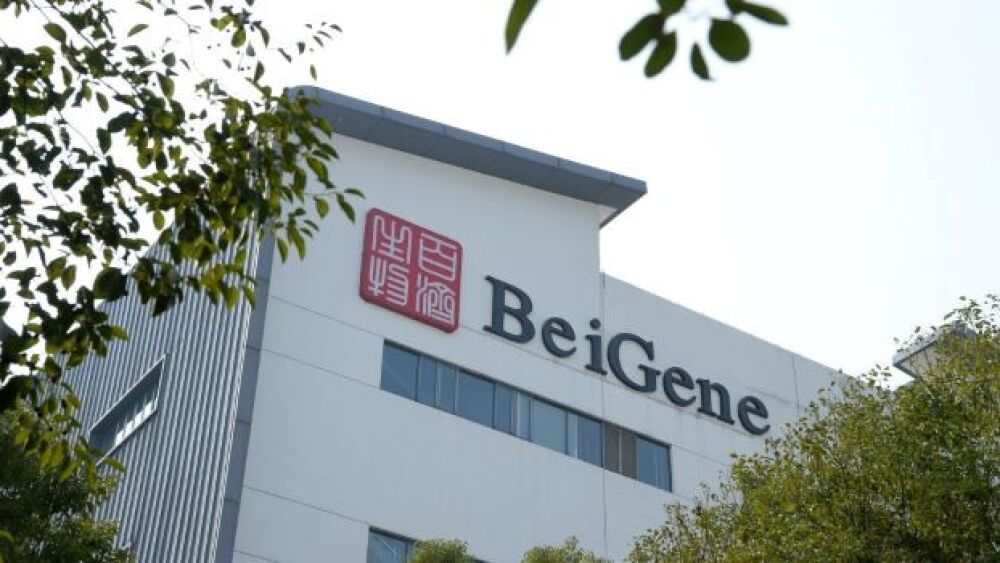BeiGene raised $3.3 billion on Shanghai’s STAR market, making it the first company to trade its shares in Shanghai, Hong Kong, and New York.
Ji Haixin/VCG via Getty Images
BeiGene a $29 billion cancer specialist biotechnology firm focused on creating impactful and affordable medicines for patients globally, has raised $3.3 billion on Shanghai’s STAR market, making it the first company to trade its shares in Shanghai, Hong Kong, and New York.
The company’s success in the West signifies the growing capital markets in China, and well within its target to be noticed as a global business with enviable funding options. However, the flourishing funding of the expanding Chinese firm may not last long, unless geopolitics change.
BeiGene is branding itself as a global company with 7,700 workers in more than 20 countries and headquarters in Switzerland, China, and the United States. The company has a favorable position that would attract talents and investors, but complying with three different sets of rules poses a challenge.
BeiGene will place its Nasdaq shares at risk under a U.S. law due to be finalized this month. It will force the delisting of companies whose auditors cannot be overseen by U.S. watchdogs for three consecutive years. Beigene is one of some 270 firms, per analysts’ estimates, that could be forced out from 2024.
The company may lose its Nasdaq listing, but if it does happen, then Beigene’s early anticipation by adding a third listing could ultimately far outweigh any costs from doing so.
In other BeiGene news, the biotech company unveils results from the interim analysis of Phase III SEQUOIA trial of Brukinsa (zanubrutinib) from patients with treatment-naïve chronic lymphocytic leukemia on Monday. Two oral presentations were reported at the 63rd American Society for Hematology (ASH) Annual Meeting.
The Phase III SEQUOIA trial results demonstrate Brukinsa’s superiority over chemoimmunotherapy in frontline chronic lymphocytic leukemia. It is the second positive Phase III study of the drug in this disease, following the successful ALPINE head-to-head trial against ibrutinib. Also reviewed at ASH is the preliminary safety and efficacy data from Cohort 3 of Brukinsa in combination with venetoclax for patients with del(17p) or TP53 mutations.
“In the positive SEQUOIA trial, BRUKINSA delivered the therapeutic promise of a selective BTK inhibitor as a frontline treatment for CLL patients, with demonstrated superiority over chemoimmunotherapy. These robust data, along with the results from our previously reported Phase 3 ALPINE trial, strengthen our belief that BRUKINSA could become an important new treatment option for patients with CLL,” according to Jane Huang, M.D., Chief Medical Officer of Hematology at BeiGene. “In addition, BRUKINSA achieved favorable safety advantages in both trials such as lower rates of atrial fibrillation.”
Brukinsa demonstrated promising results. “Compared to chemoimmunotherapy, BRUKINSA demonstrated superior PFS benefit for CLL patients receiving frontline treatment, including those harboring high-risk characteristics, such as unmutated IGHV status and del(11q),” a statement from Constantine Tam, MBBS, M.D., Peter MacCallum Cancer Center, and a principal investigator of the study. “Safety findings in SEQUOIA were similar to what has been reported in other BRUKINSA clinical trials, with consistently low rates of atrial fibrillation. Based on these results, BRUKINSA, as a highly selective BTK inhibitor, can potentially provide a chemo-free treatment option for CLL patients,” she added.





